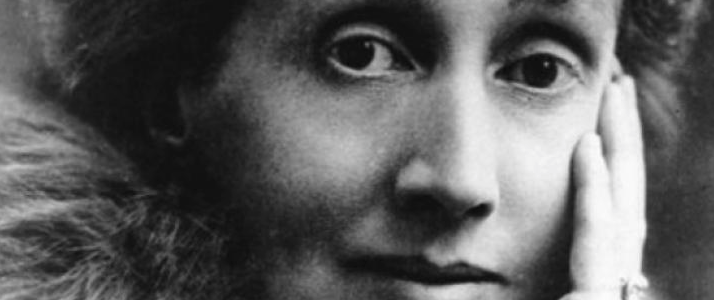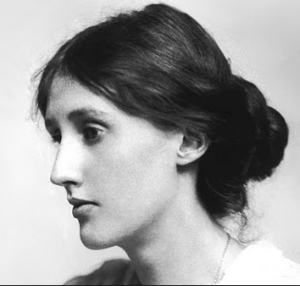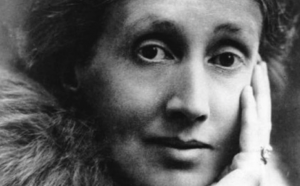
Virginia Woolf interjected in changing the role of women in society


Adeline Virginia Woolf, an English writer born in 22, Hyde Park Gate in Kensington, London on 25th January 1882, committed suicide in Lewes on 28th March 1941, was one of the foremost modernists of the 20th century who pioneered using a stream of consciousness as a narrative device. Virginia Woolf, the youngest daughter of successful author and critic Sir Leslie Stephen and Julia Stephen, who celebrates her 136th birthday, takes us on a transformative journey through the liberating powers of the mind.
She was bold enough to question the society ‘norms’- the norms which pointed that women will not be allowed to work and even in most cases, pursue education, which had already decided a girl’s fate in her life, given the era she comes from, women were always taught to be submissive in nature and to be at home and make peace with the fact that the breadwinner will always be the man in her family.
Google has honoured the British author, Virginia Woolf, with a classic Doodle which depicts the profile of the talented writer, and she is surrounded by autumnal leaves.
Under the Google Doodle quote: “I see children running in the garden…. The sound of the sea at night… almost forty years of my life all built on that, permeated by that so much I could never explain.”
Virginia was taught the classics and English literature before she enrolled at King’s College London between 1897 to 1901. Virginia’s first novel The Voyage Out in 1912, the same year she married writer Leonard Woolf. She also wrote modern classics like Mrs. Dalloway (1925), To The Lighthouse (1927) and Orlando (1928). She became a member of the Bloomsbury Group –consisting of contemporary artists and intellectuals. She also wrote Room of One’s Own (1929) and Three Guineas (1938).
